Finally, some research into claims management from the Institute for Safety Compensation and Recovery Research (ISCRR), Monash University by Kilgour E1, Kosny A, McKenzie D, Collie A.
Abstract
Introduction Work-related injury is a major public health problem and a worker’s recovery can be shaped by their interactions with employers, healthcare providers and the workers’ compensation system.
Most research on the effects of compensation has concentrated on examining outcomes rather than considering the compensation process itself.
There has been little attention paid to the interactions between stakeholders and only recently has the client’s view been considered as worthy of investigation. This systematic review aimed to identify and synthesize findings from peer reviewed qualitative studies that investigated injured workers interactions with insurers in workers’ compensation systems. Method A search of six electronic library databases revealed 1,006 articles. After screening for relevance, 18 articles were read in full and a search of those bibliographies revealed a further nine relevant articles. Quality assessment of the 27 studies resulted in a final 13 articles of medium and high quality being retained for data extraction. Results Included studies focused mainly on experiences of injured workers, many of whom had long term claims. Findings were synthesized using a meta-ethnographic approach. Six themes were identified which characterised the interactions between insurers and injured workers.
The majority of interactions were negative and resulted in considerable psychosocial consequences for injured workers. Positive interactions were less frequently reported and included respectful, understanding and supportive communication and efficient service from insurers.
Conclusion Findings from this synthesis support the growing consensus that involvement in compensation systems contributes to poorer outcomes for claimants. Interactions between insurers and injured workers were interwoven in cyclical and pathogenic relationships, which influence the development of secondary injury in the form of psychosocial consequences instead of fostering recovery of injured workers. This review suggests that further research is required to investigate positive interactions and identify mechanisms to better support and prevent secondary psychosocial harm to injured workers


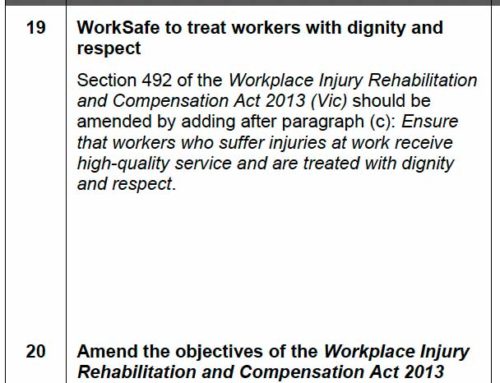
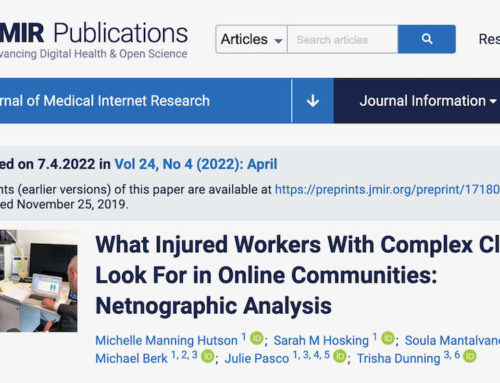


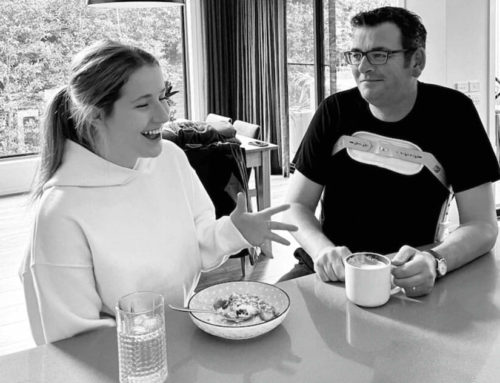
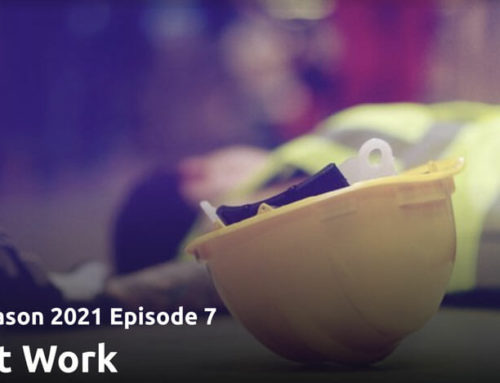
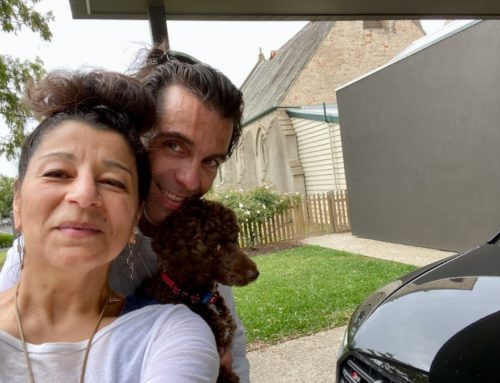
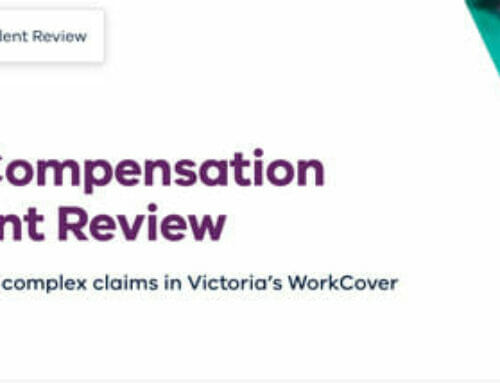
Leave A Comment